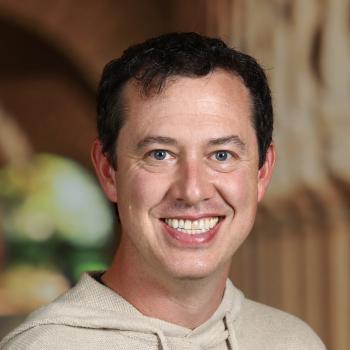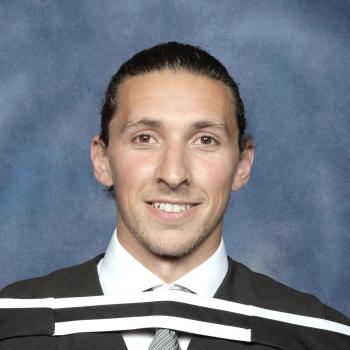
Robert D. Wachtel Pronovost
Robert D. Wachtel Pronovost is a doctoral candidate in Learning Sciences and Technology Design, Curriculum and Teacher Education, and Leadership for System-wide Inclusive Education at the Stanford Graduate School of Education. He holds a B.A. in Psychology and an M.A. in Elementary Education from Stanford University. His interests center around maker-centered learning and technology integration in elementary schools for the benefit of all students. Through his research, teaching, and service, Robert aims to assist preservice and in-service teachers to support their students, especially historically marginalized populations of students, to discover their love of learning and to have exposure, access, and support to engage experiences that allow them to find their own definition of a successful, meaningful life.
Prior to joining the doctoral program, Robert has taught in elementary classrooms and served in administration at district and county levels. During his time as a district administrator, he built out a system of school makerspaces to help infuse creativity and hands-on learning into students’ school experiences.


